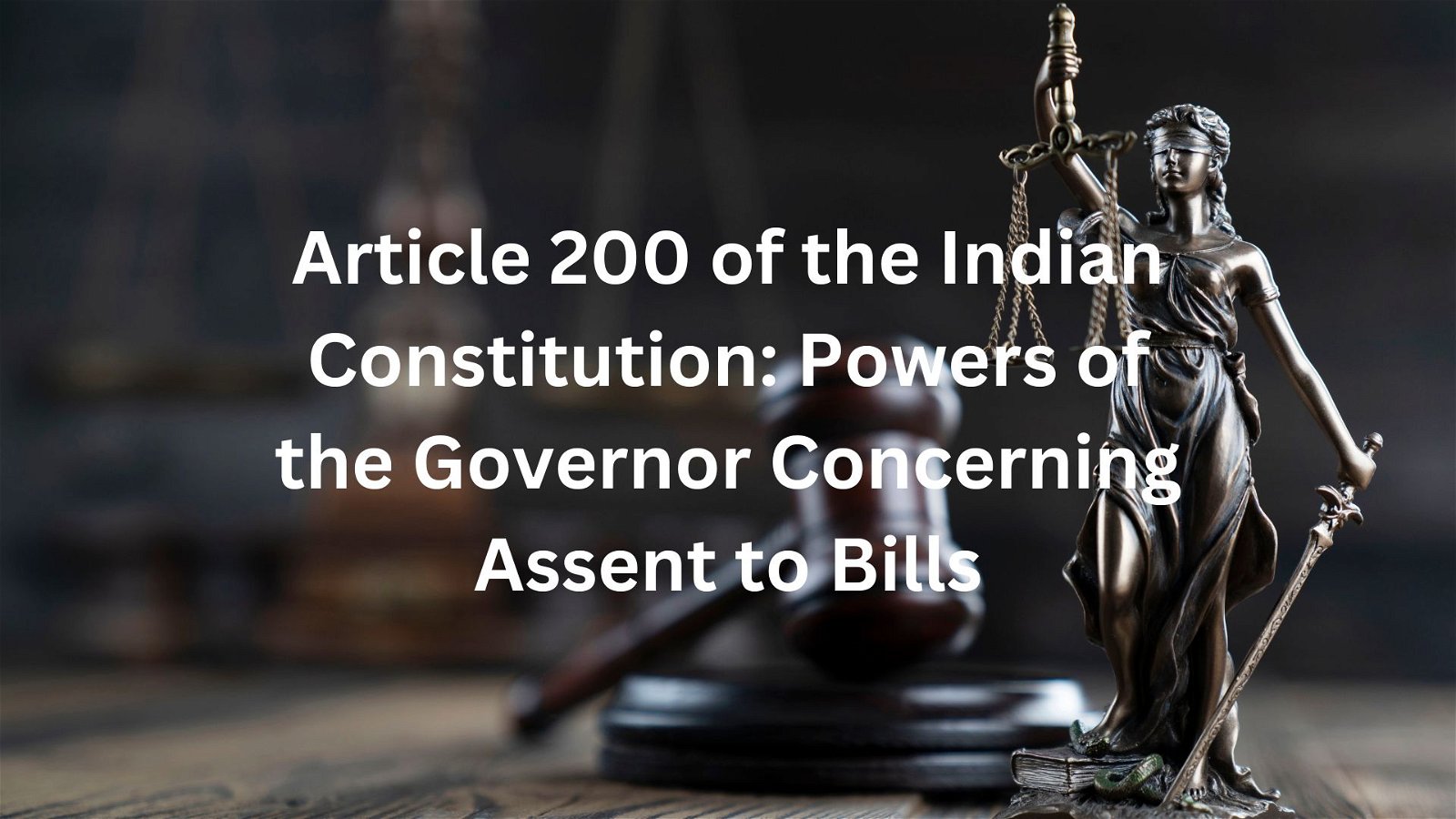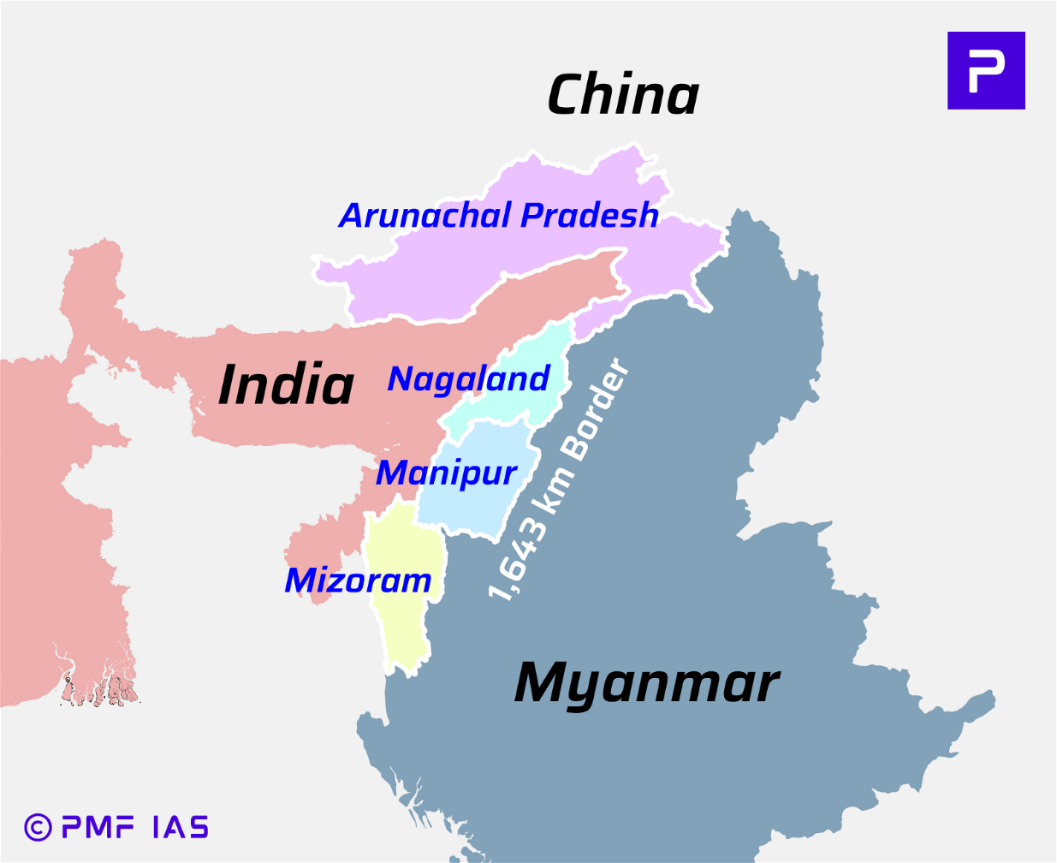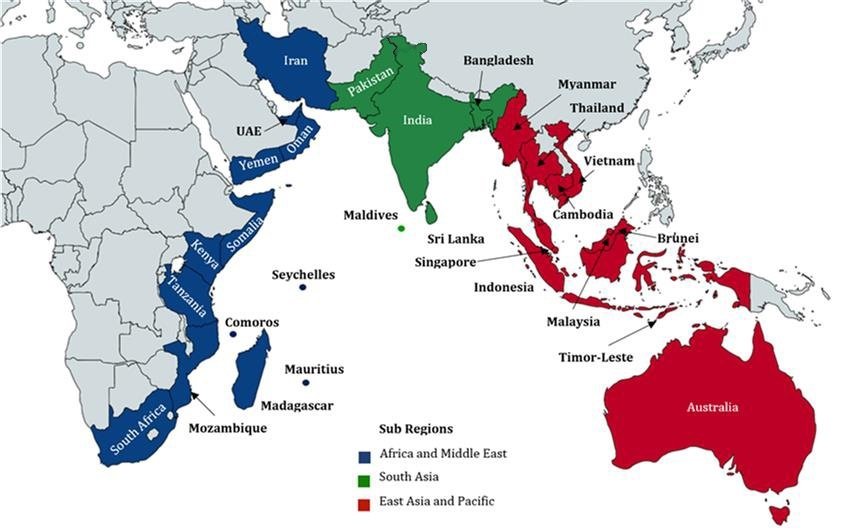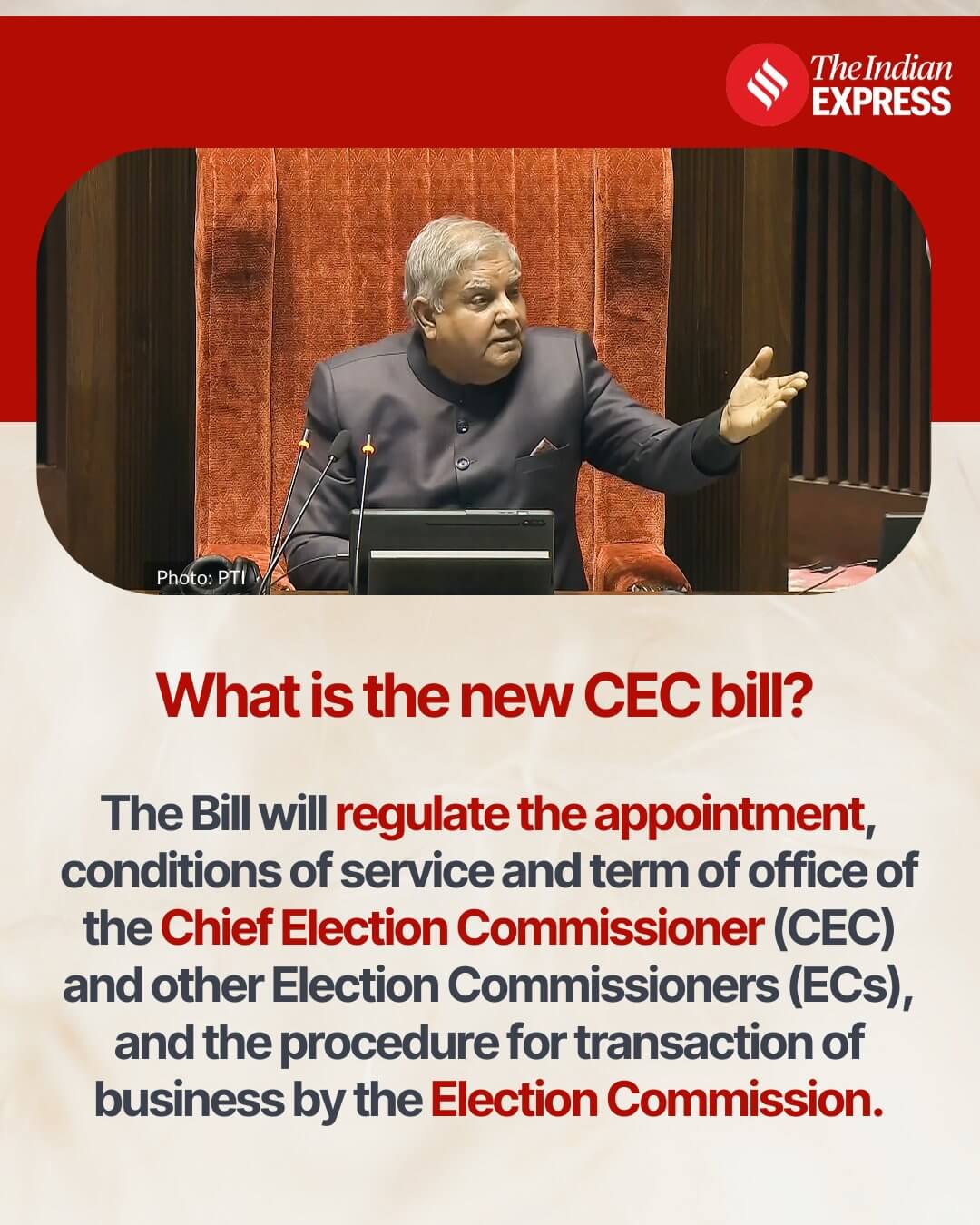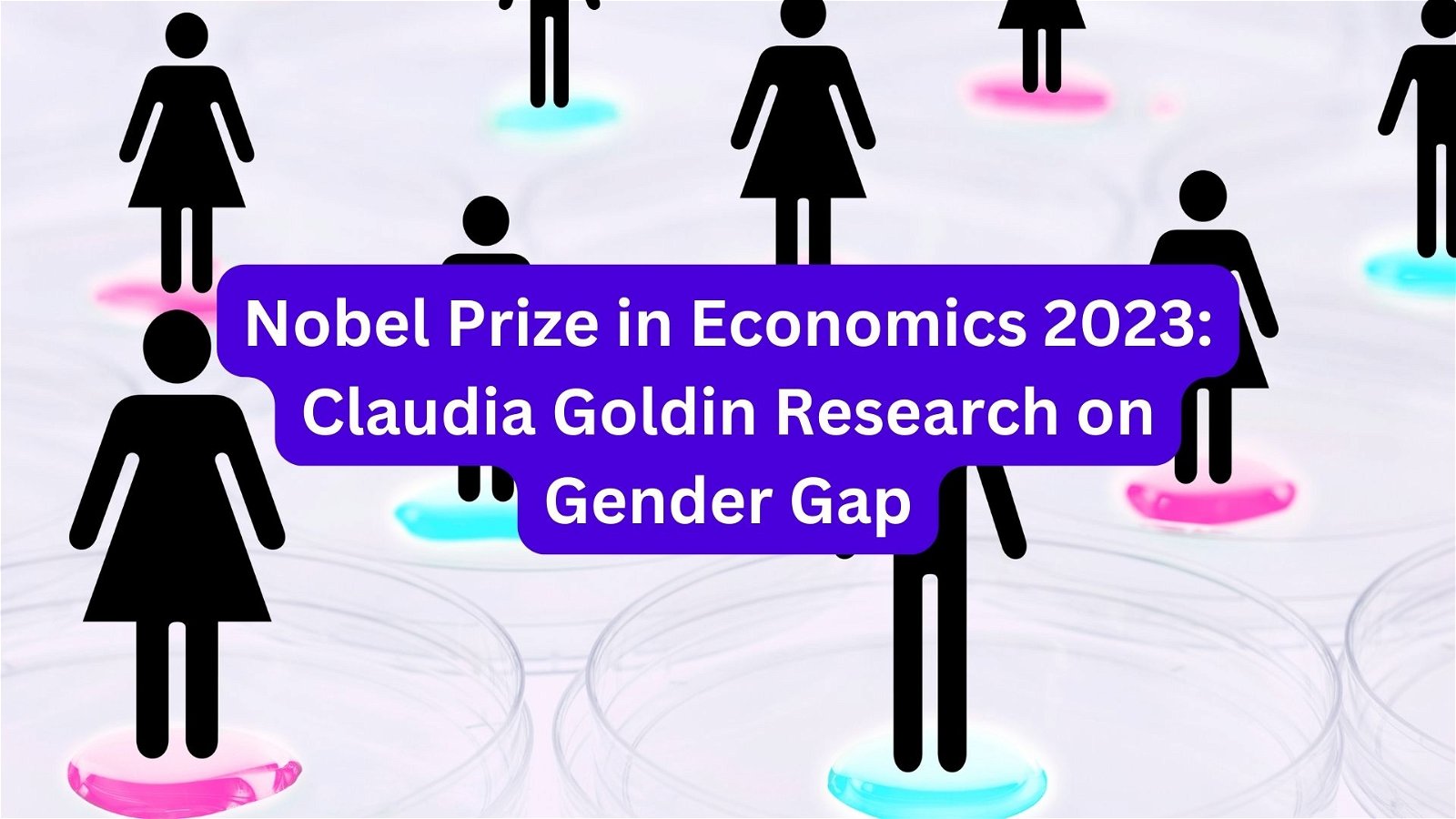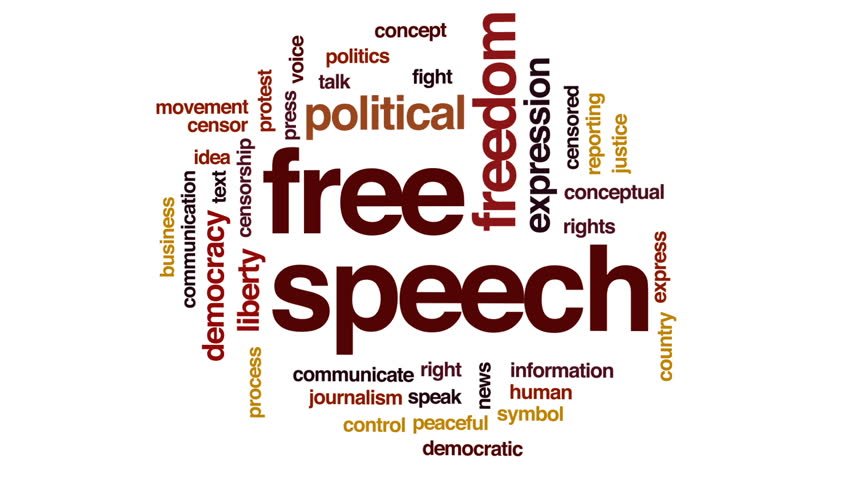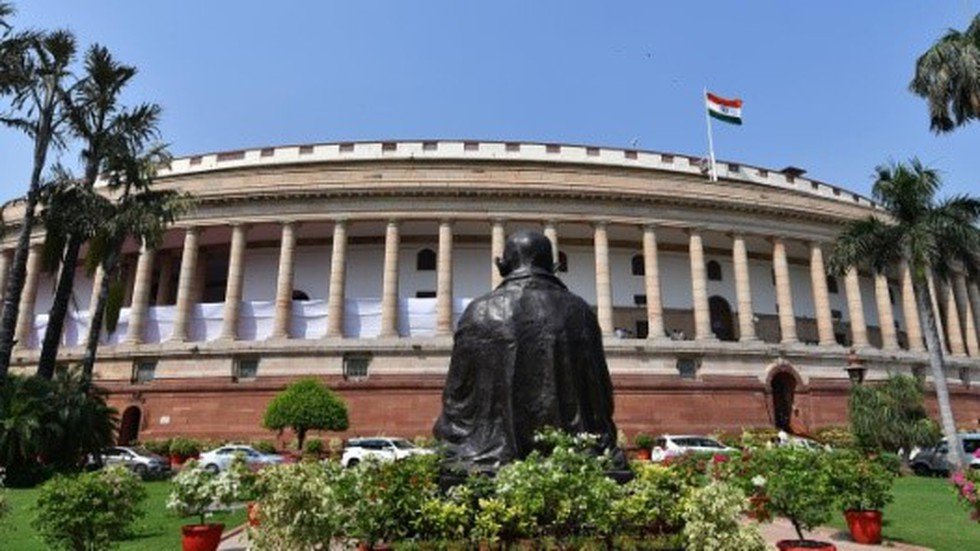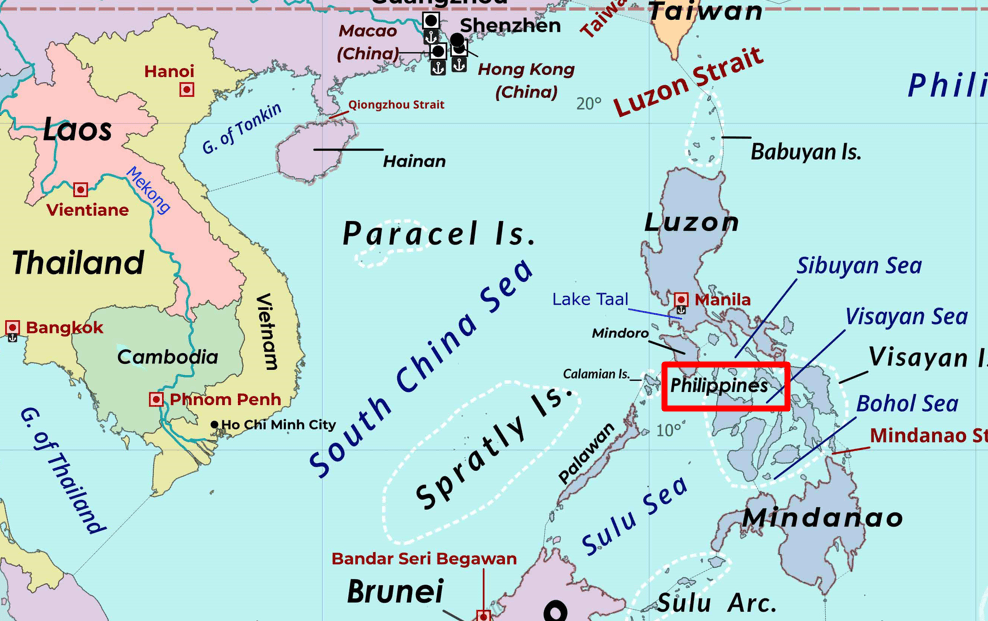
Ethanol Blended Petrol (EBP) Programme
Subscribers of "Current Affairs" course can Download Daily Current Affairs in PDF/DOC
Subscribe to Never Miss an Important Update! Assured Discounts on New Products!
Must Join PMF IAS Telegram Channel & PMF IAS History Telegram Channel
- Context (IE | TH): After banning sugar exports, the Centre has taken the next step towards augmenting domestic availability, i.e., restricting the diversion of the sweetener for ethanol production.
What is Ethanol (C2H5OH)?
|
Ethanol Blended Petrol (EBP)
- EBP was launched in 2003 with a 5% blending of ethanol in petrol.
- It has a target of 20% ethanol blending in petrol by 2025-26.
Objectives of EBP
- Reducing import dependence
- Savings in foreign exchange
- Providing a boost to the domestic agriculture sector and associated environmental benefits
Advantages of using EBP
- Energy security in the long run through fuel mix diversification.
- Reduce the use of fossil fuels.
- Reduce import dependence and self-sustainability in fuel production.
- Doubling Farmers’ income by farm diversification (Ashok Dalwai Committee).
- Optimum utilisation of surplus food grains and damaged vegetables.
- Reduction in pollution as EBP is more efficient and clean than normal petrol.
- Employment generation through the introduction of new technology and infrastructure.
- Byproducts like potash can be used as fertilisers, and other wastes can be used as animal feed.
Demerits/Challenges
- Uncertainty in the production of molasses and food grains, as agriculture in India, is mostly affected by the vagaries of nature.
- Policy Challenges: For instance, the current ban on the production of ethanol using sugar cane.
- Diversion of food grains: This can threaten food security.
- Poor mileage of vehicles: Since the energy content of ethanol is as low as 35% when compared with petrol.
- Constraints of infrastructure, advanced technology and skilled human resources.
Ethanol Blended Petrol (EBP) Programme
- The EBP programme was launched in 2003 with multiple objectives, including:
- Reducing import dependence
- Savings in foreign exchange
- Providing a boost to the domestic agriculture sector
- Associated environmental benefits.
- Under EBP, India aims to blend 20% ethanol in petrol (E20) by 2025.
Way Forward
- Gear up State-wide support to eliminate regional disparity in production.
- Feedstock diversification: Food grains have a better yield capacity to produce ethanol than molasses.
- Single Window Clearance to eliminate approval hurdles.
- Upgradation of vehicles for ethanol compatibility and improved efficiency.





![PMF IAS Environment for UPSC 2022-23 [paperback] PMF IAS [Nov 30, 2021]…](https://pmfias.b-cdn.net/wp-content/uploads/2024/04/pmfiasenvironmentforupsc2022-23paperbackpmfiasnov302021.jpg)
